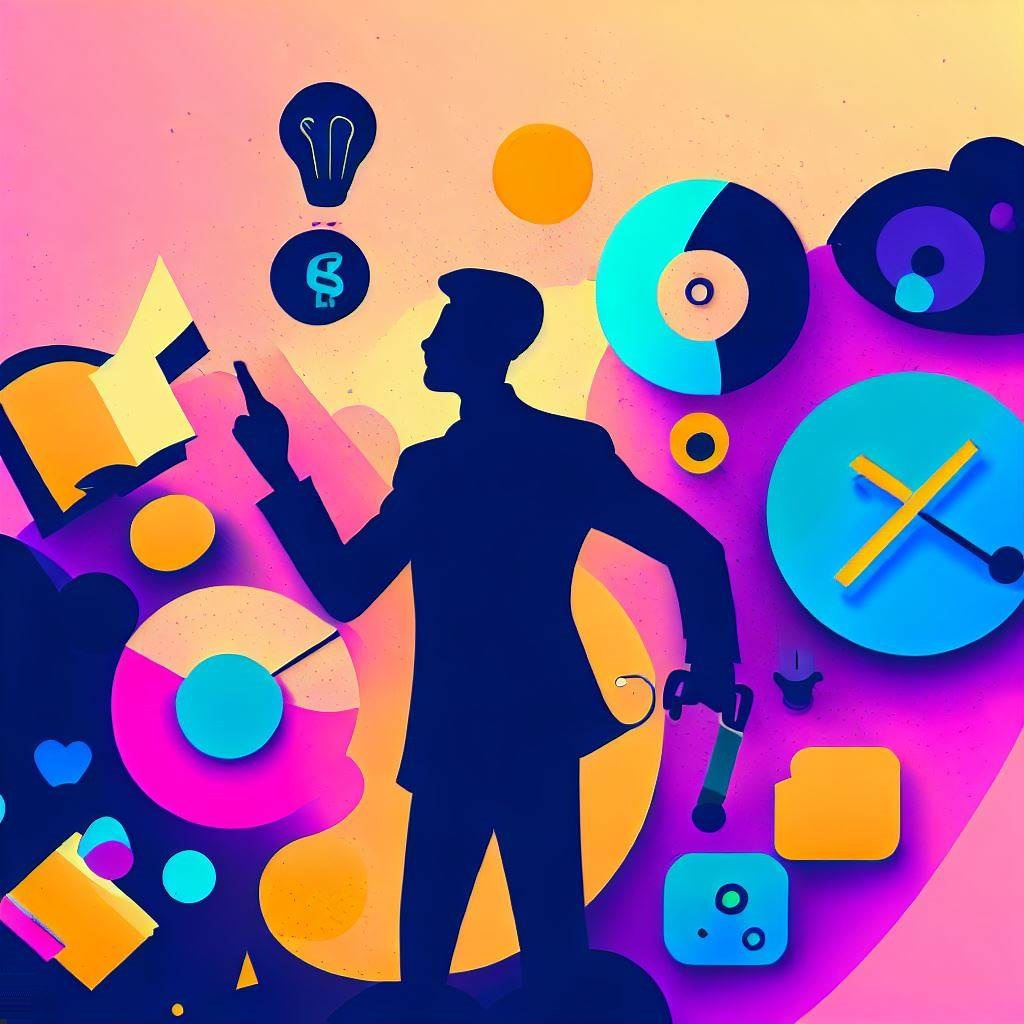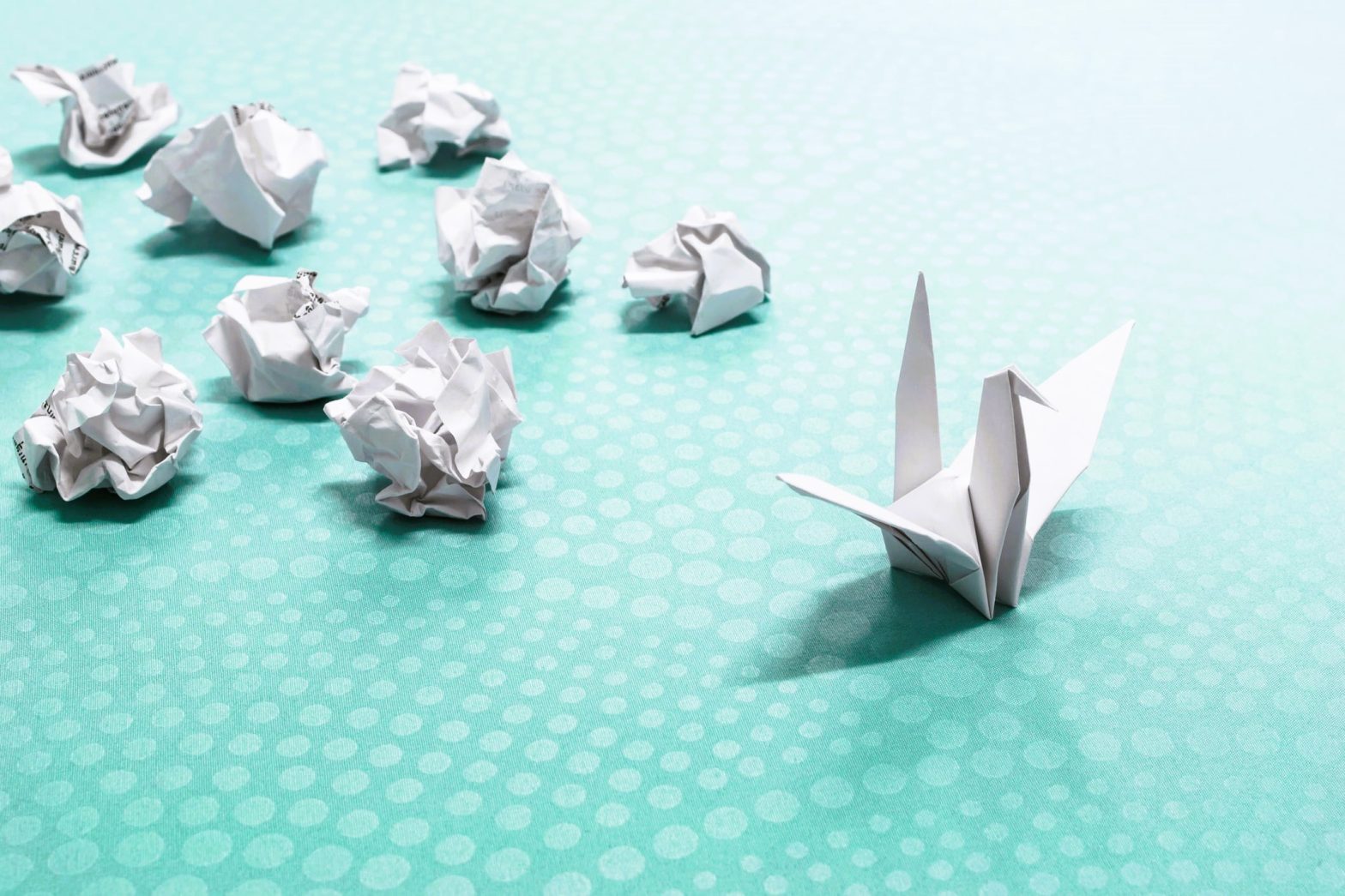In today’s fast-paced and competitive world, being innovative and creative is not only desirable but essential for success. Whether you are an entrepreneur, a manager, a teacher, or a student, you need to constantly come up with new ideas and solutions to the challenges you face. But how do you develop and nurture your creative potential? How do you overcome the barriers and obstacles that may hinder your innovation process? How do you turn your ideas into reality and make a positive impact?
In this blog post, I will share with you some insights and tips on how to be more innovative and creative in your personal and professional life. You will learn about the benefits of innovative thinking, the characteristics and habits of creative people, and the tools and techniques that can help you generate and implement your ideas. You will also discover some inspiring examples of innovation and creativity from various fields and industries.
By the end of this blog post, I hope you will feel more confident and motivated to unleash your creativity and innovation. I hope you will find new ways of looking at problems and opportunities, and new ways of expressing yourself and contributing to the world. I hope you will enjoy reading this blog post as much as I enjoyed writing it.

